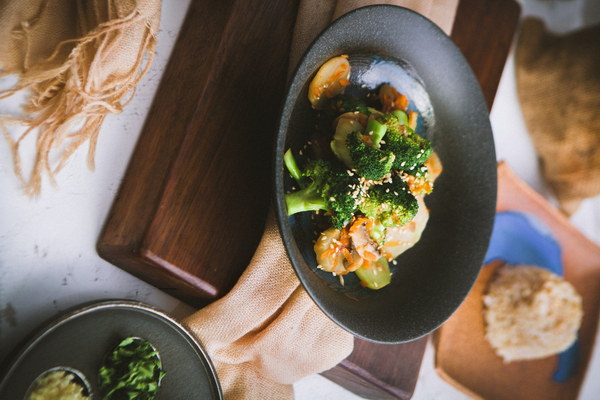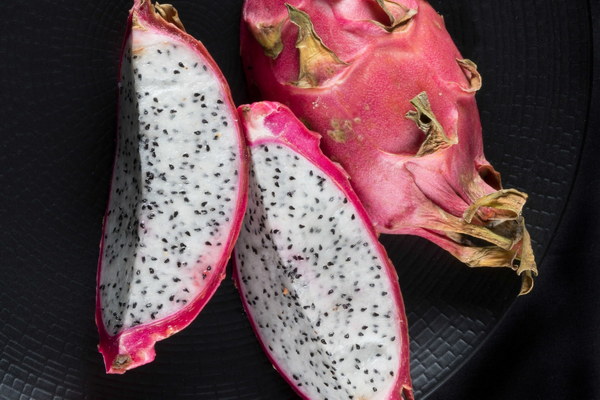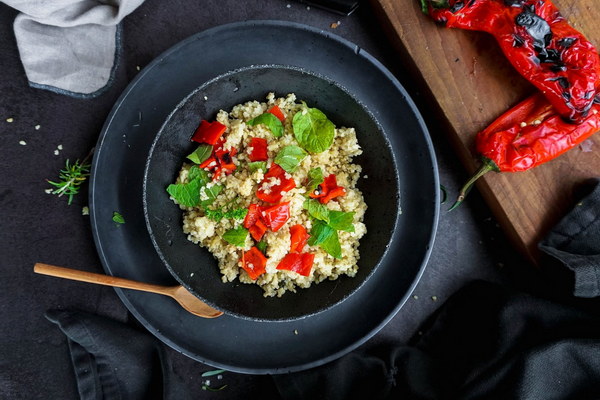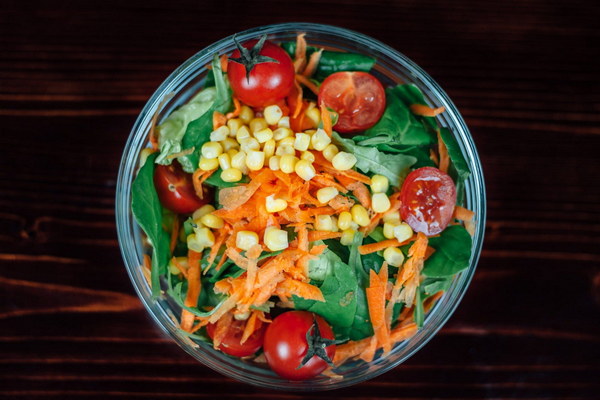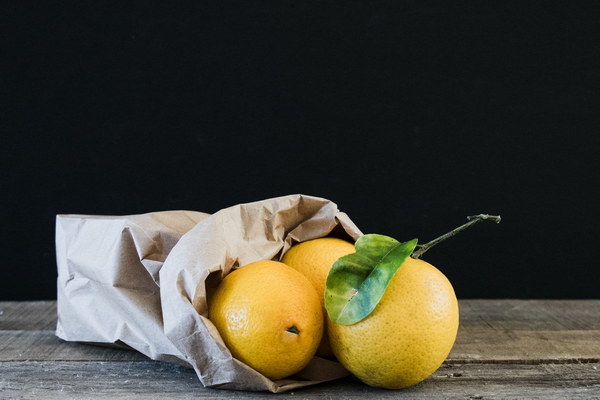Should You Prioritize Spleen and Stomach or Liver and Kidneys in Anxiety Management
In the realm of traditional Chinese medicine, anxiety is often attributed to an imbalance in the body's internal organs. Among these organs, the spleen and stomach, as well as the liver and kidneys, play crucial roles in maintaining mental and emotional balance. The question arises: should one prioritize nurturing the spleen and stomach or the liver and kidneys when dealing with anxiety? This article delves into the characteristics and functions of these organs, and provides insights on how to address anxiety based on their respective strengths and weaknesses.
The Spleen and Stomach: The Center of Energy and Nutrient Absorption
In traditional Chinese medicine, the spleen and stomach are considered the primary source of energy and nutrients for the body. The spleen is responsible for transforming food into qi (vital energy) and blood, while the stomach is in charge of digesting food and absorbing nutrients. When the spleen and stomach are functioning optimally, the body is capable of producing enough qi and blood to support the mind and emotions.
Anxiety may arise when the spleen and stomach are imbalanced. Overeating, poor diet, or stress can lead to digestive issues, which, in turn, affect the spleen and stomach's ability to produce adequate qi and blood. Consequently, individuals may experience fatigue, weakness, and emotional disturbances such as anxiety or depression.
Prioritizing the spleen and stomach in anxiety management involves addressing the following:
1. Improving diet: A balanced diet rich in whole grains, vegetables, and lean proteins can help support the spleen and stomach's functions. Avoiding excessive sugar, caffeine, and processed foods is also beneficial.

2. Stress reduction: Stress can exacerbate digestive issues, so it's essential to incorporate stress-reducing techniques into daily life, such as meditation, yoga, or deep-breathing exercises.
3. Herbal remedies: Certain Chinese herbs, like Astragalus and Codonopsis, can strengthen the spleen and stomach, aiding in the production of qi and blood.
The Liver and Kidneys: The Guardians of Emotional Balance
In contrast, the liver and kidneys are responsible for regulating emotions and maintaining a healthy mental state. The liver is considered the seat of emotions and governs the smooth flow of qi throughout the body. When the liver is imbalanced, it can result in anger, irritability, and anxiety. The kidneys, on the other hand, are responsible for storing essence, which is essential for growth, reproduction, and longevity. Kidney imbalance may manifest as fatigue, fear, and anxiety.
When dealing with anxiety, it's essential to consider the following when addressing the liver and kidneys:
1. Balancing emotions: Techniques such as acupuncture, tai chi, and qigong can help regulate the liver's function and reduce emotional disturbances.
2. Kidney tonification: Herbs such as Rehmannia, Cistanche, and Eucommia can strengthen the kidneys, improve vitality, and reduce anxiety.
3. Lifestyle adjustments: Ensuring adequate sleep, engaging in regular physical activity, and avoiding excessive alcohol and drug use can support liver and kidney health.
Prioritizing Between the Spleen and Stomach or the Liver and Kidneys
The question of whether to prioritize the spleen and stomach or the liver and kidneys in anxiety management depends on the individual's specific condition. It's essential to consult with a qualified traditional Chinese medicine practitioner to determine the root cause of anxiety and receive personalized treatment recommendations.
In some cases, anxiety may stem from an imbalance in both the spleen and stomach, as well as the liver and kidneys. In such instances, a holistic approach that addresses both organ systems is necessary. For others, focusing on one system may be more effective in alleviating anxiety symptoms.
In conclusion, the decision to prioritize the spleen and stomach or the liver and kidneys in anxiety management should be based on the individual's unique needs. By understanding the functions and characteristics of these organs, individuals can take steps to address anxiety through diet, lifestyle, and herbal remedies, ultimately achieving emotional balance and well-being.
